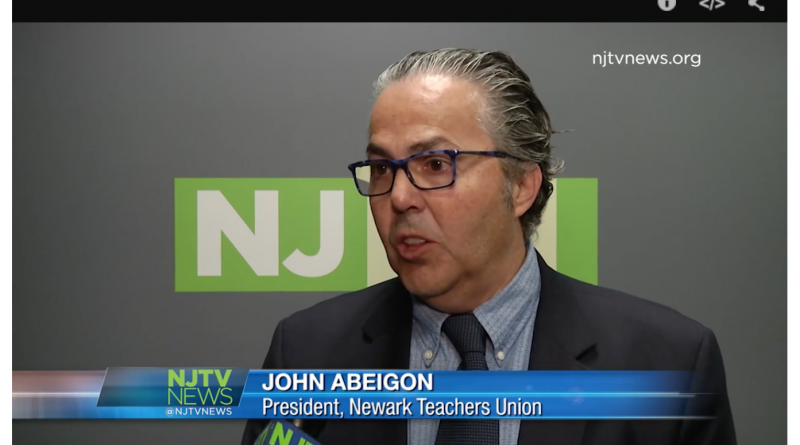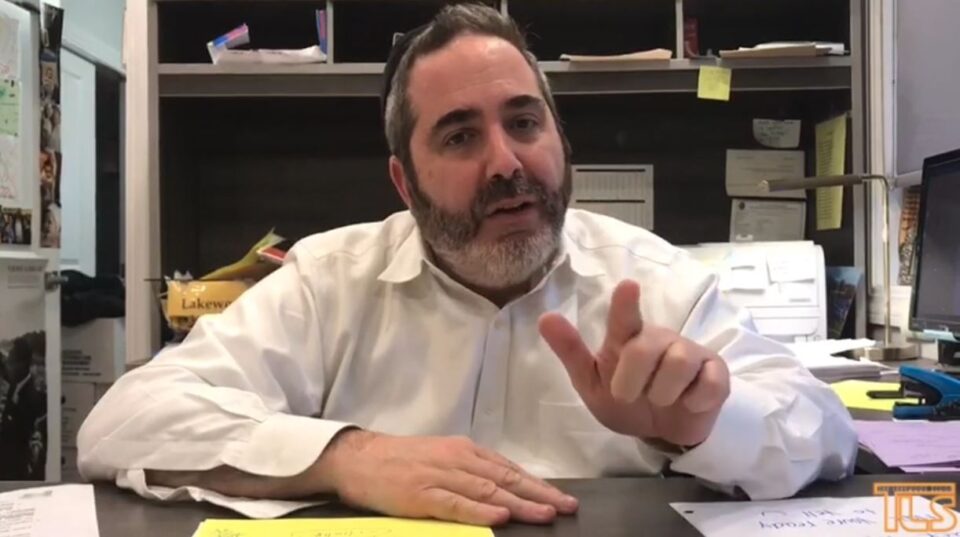Who’s Your Daddy? Not A Single Teacher in 5 Bergen County School Districts Rated “Ineffective”
August 27, 2015Why New Jersey Still Needs Tenure Reform
August 27, 2015QOD: NOLA Dad Responds to “Outside Attacks” of Post-Katrina Schools
From today’s New York Times:
To the Editor:
As a newcomer to New Orleans, with school-age children, I would say to Andrea Gabor that the perfect can be the enemy of the good. Have charter schools in New Orleans solved all the problems of deep poverty in America? Absolutely not. But charter schools in New Orleans have reconnected the middle class in the city with public education options.
My wife and I have been impressed by the Orleans Parish charter school options. The schools are academically rigorous but also racially and socioeconomically diverse. Also, the rate of change in New Orleans schools has attracted the kind of national excitement that public education deserves.
We came from a public education situation in Chattanooga, Tenn., where the neighborhood you can afford determines the educational opportunities that are available to you — enforcing economic segregation and making school reform nearly impossible. That is not the case in New Orleans.
Ms. Gabor’s point that there are too many new white teachers in this racially diverse city does not reflect what we have seen.
I would like to see the charter school experiment in New Orleans continue — knowing full well that it is an experiment, and experiments are not perfect — without the attacks from outsiders.
WILLIAM H. PAYNE IV
New Orleans
For context, see this companion letter, also in today’s NYT, from Louisiana State Superintendent John White. He notes that current graduation rates have increased to 73% (from 54% pre-Katrina), ACT scores for black students exceed the national average, and college attendance has shot up.
Superintendent White explains, “The most disadvantaged students have benefited from this progress. The percentage of students with disabilities performing at basic reading and math proficiency, for example, has tripled since Katrina, and the graduation rate for such students now exceeds the state average by 17 percentage points.”
Also, “a peer-reviewed study by Tulane economists concluded, ‘We are not aware of any other districts that have made such large improvements in such a short time.’”




